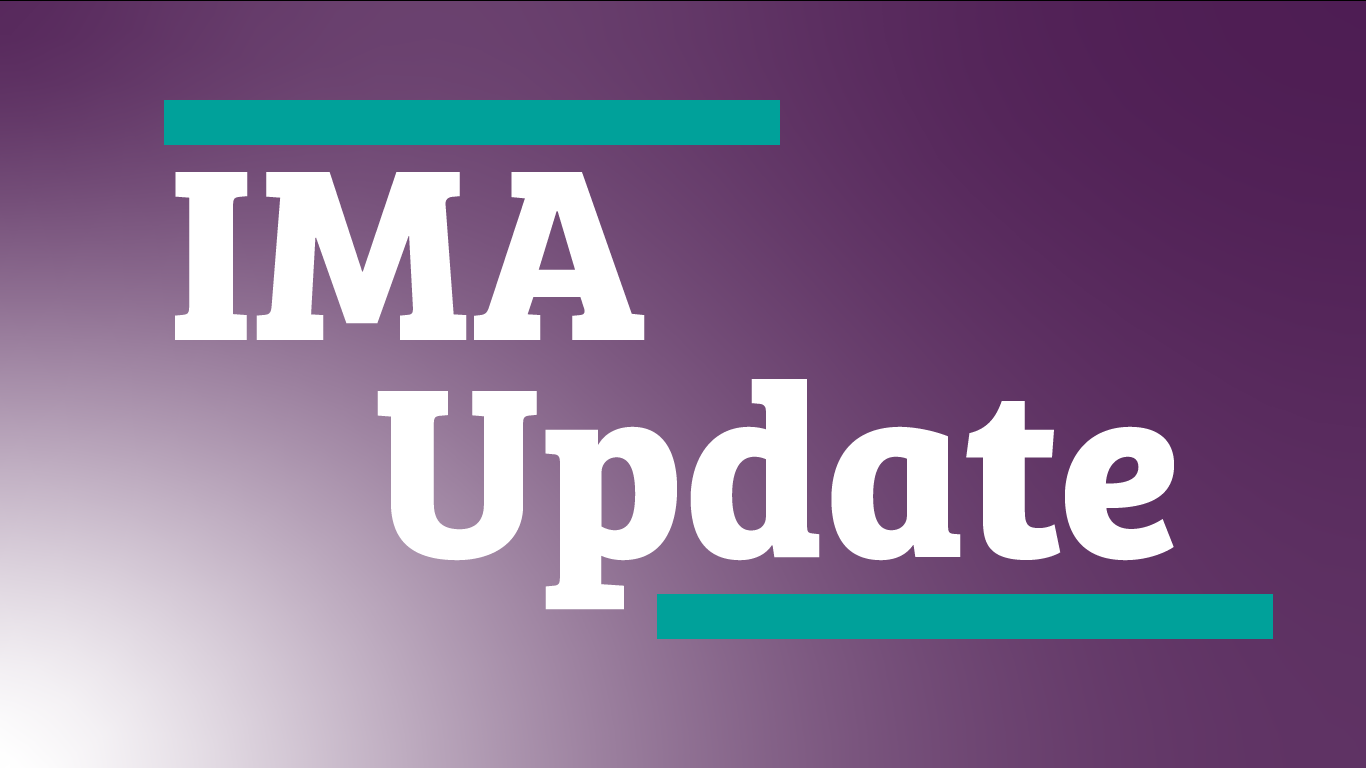The IMA has been established to protect the rights of EU and EEA EFTA citizens and their family members in the UK and Gibraltar through monitoring and promoting the implementation and application of the citizens’ rights contained within Part 2 of the Withdrawal and Separation Agreements. Once in force, the new practice note will mean that when a party initiates or defends proceedings which raise an issue relating to citizens’ rights under the Withdrawal Agreements, the party should notify the IMA.
This will assist the IMA in its duty to monitor the implementation and application of citizens’ rights in Scotland and enable the IMA to take decisions on where it may assist the courts in interpreting the Agreements; it will also highlight areas where citizens in Scotland are potentially facing problems in enjoying their rights.
This new practice note compliments the Practice Direction that the IMA obtained for courts in England and Wales. We are also pursuing a similar direction in Northern Ireland.
To notify the IMA about any cases, parties can email IMA@ima-citizensrights.org.uk or litigation@ima-citizensrights.org.uk, or write to the IMA, 3rd Floor, Civic Offices, Oystermouth Road, Swansea, SA1 3SN.







